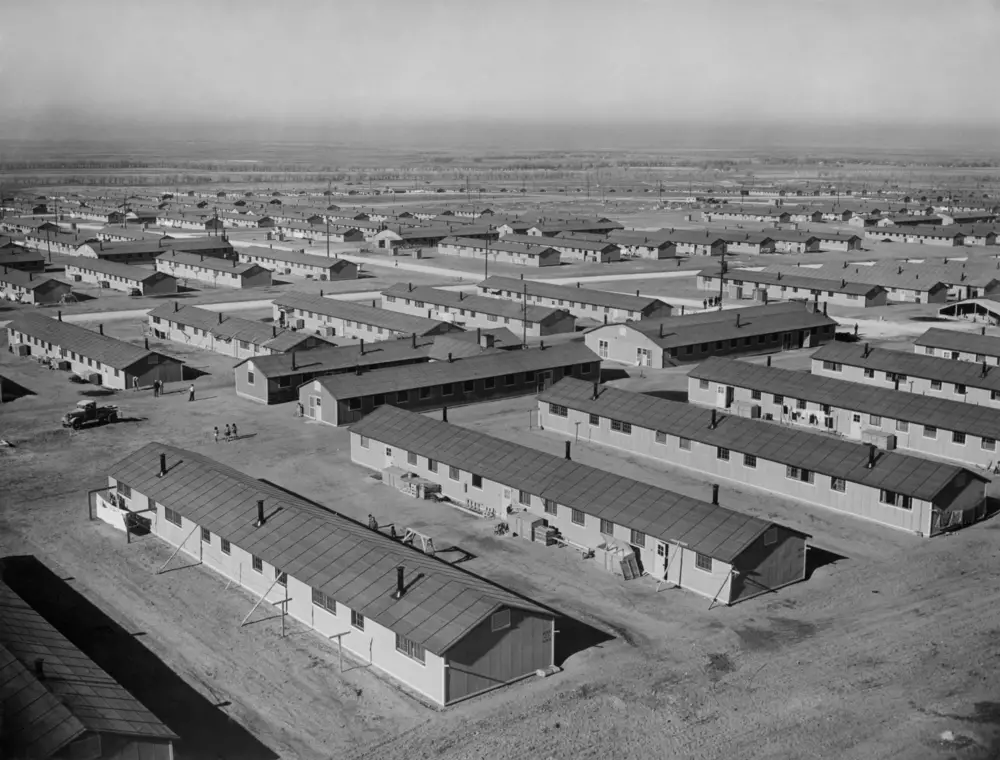Donald Trump is considering invoking an 18th-century law to speed up mass deportations, a move that has drawn comparisons to its use in World War II internment camps. The 1798 Alien Enemies Act, originally created during tensions with France, allows the president to expel individuals deemed a threat during wartime or an “invasion.” Trump reportedly aims to use this law to deport migrants accused of being gang members without court hearings.
Since taking office, Trump has aggressively pursued immigration crackdowns, signing multiple executive orders, deploying the military to the Mexican border, and pressuring foreign governments to accept deportation flights. His administration has also considered revoking student visas for protesters, expanding Guantanamo Bay, and even proposing a modern penal colony for repeat offenders. Now, with the Enemies Act, he seeks a legal pathway to bypass lengthy immigration court proceedings.

The law was last used in World War II, when President Franklin D. Roosevelt ordered the internment of Japanese, German, and Italian citizens. It was also applied during World War I against German and Austrian nationals, leading to the internment of thousands. Trump’s administration argues that criminal organizations like the Venezuelan gang Tren de Aragua, which has been designated a terrorist group, fit the criteria for removal under the act.

However, legal challenges are expected. Immigration courts are already backlogged, and the definition of an “invasion” remains legally ambiguous. Courts previously ruled in the 1990s that a surge of migrants did not meet the standard. The ACLU has also criticized the plan, arguing that “desperate families seeking refuge” do not constitute a military invasion.
While Trump continues to push for more aggressive immigration policies, the success of this particular plan remains uncertain. Any attempt to use the Enemies Act in this way is likely to face intense legal and political scrutiny.




